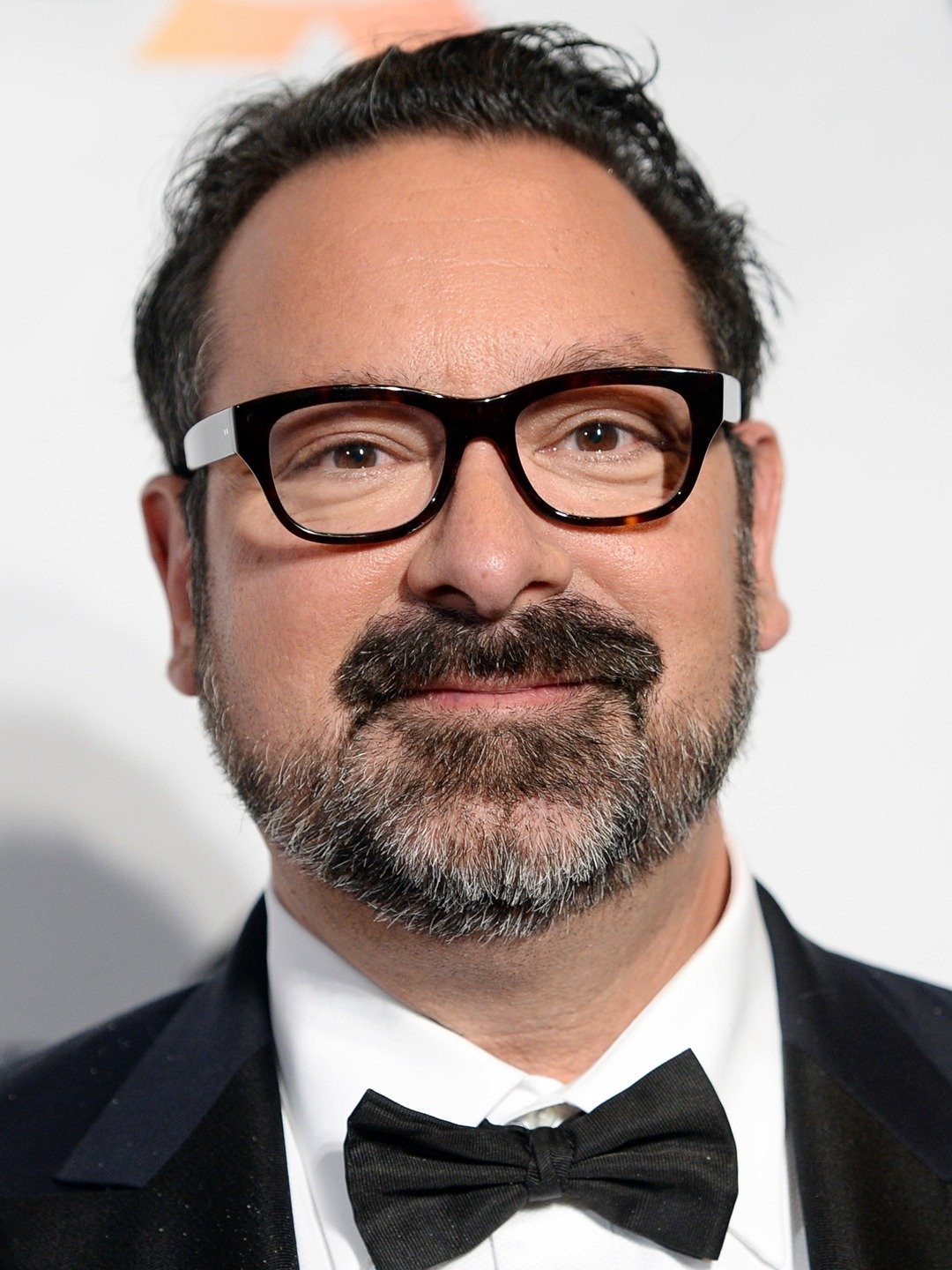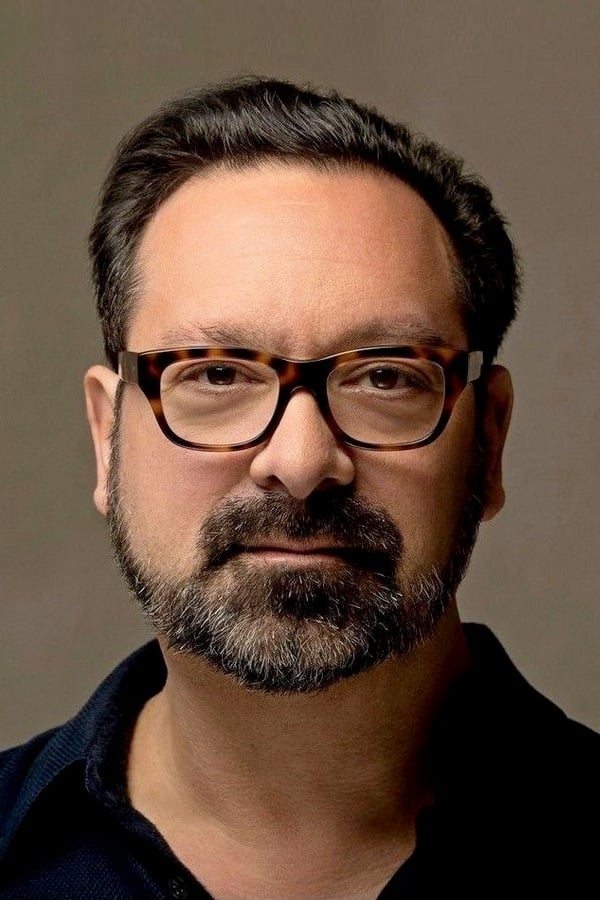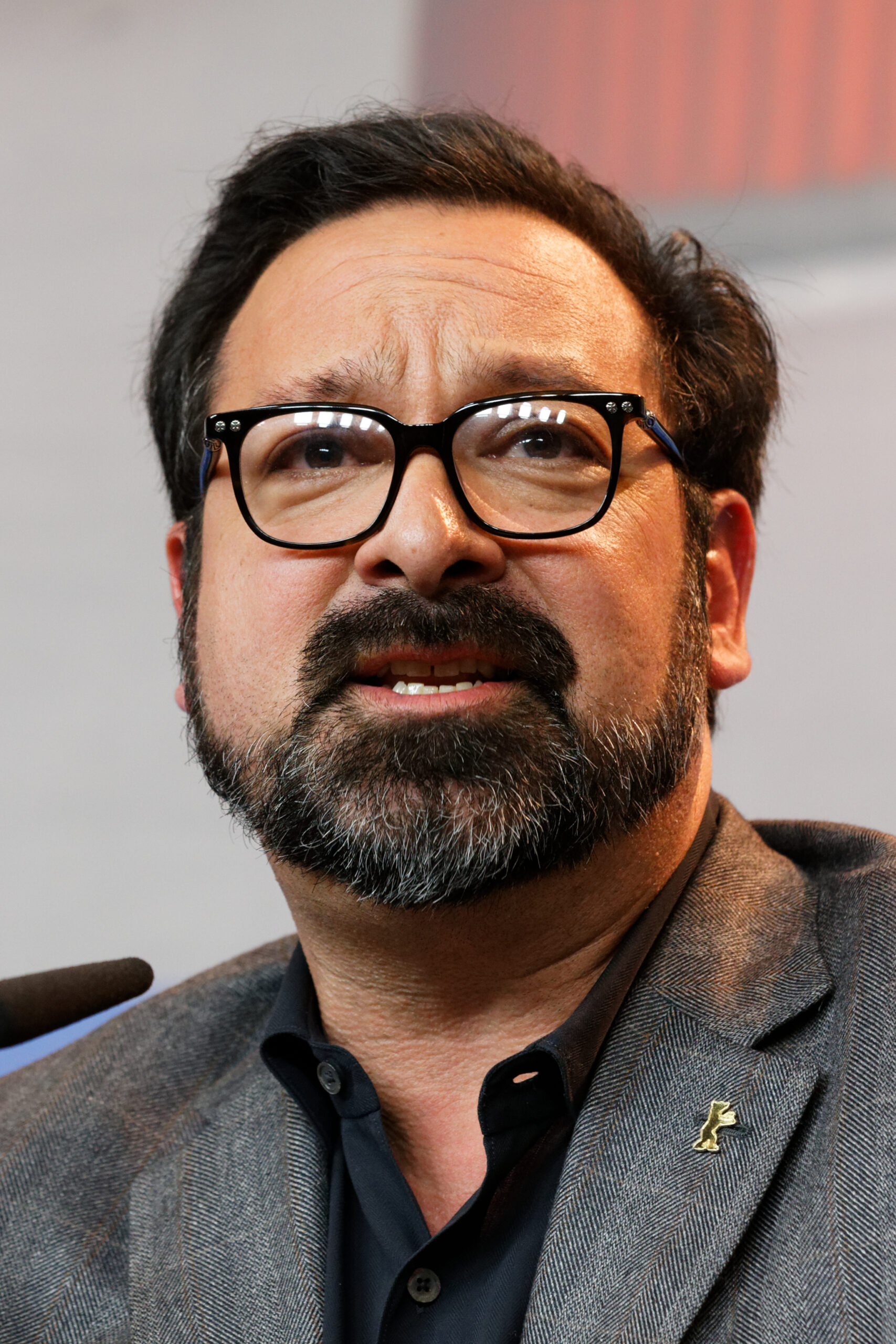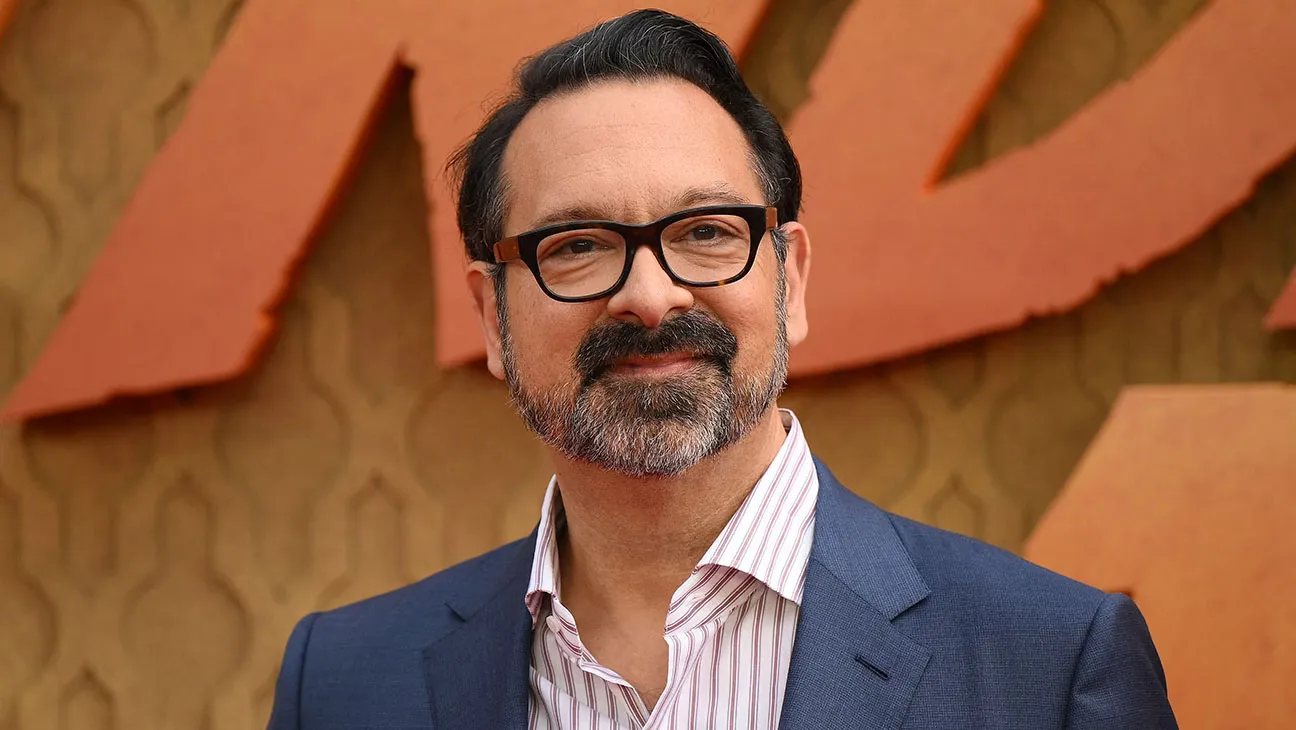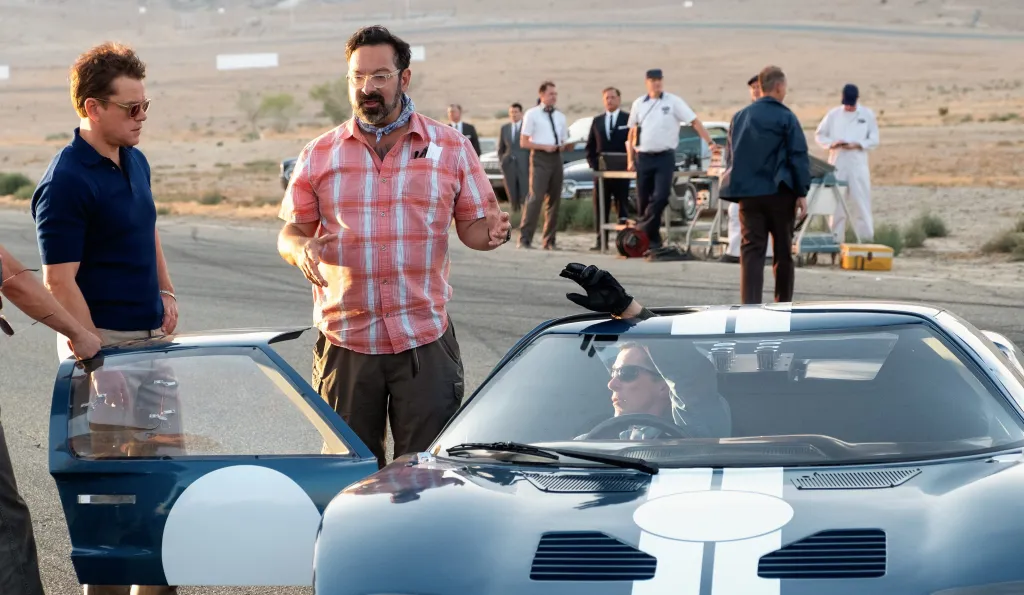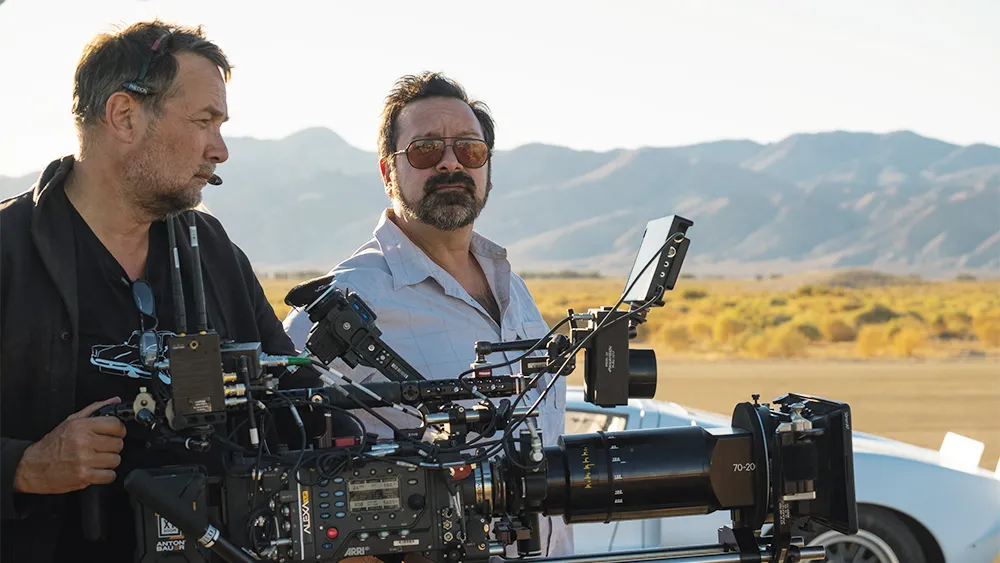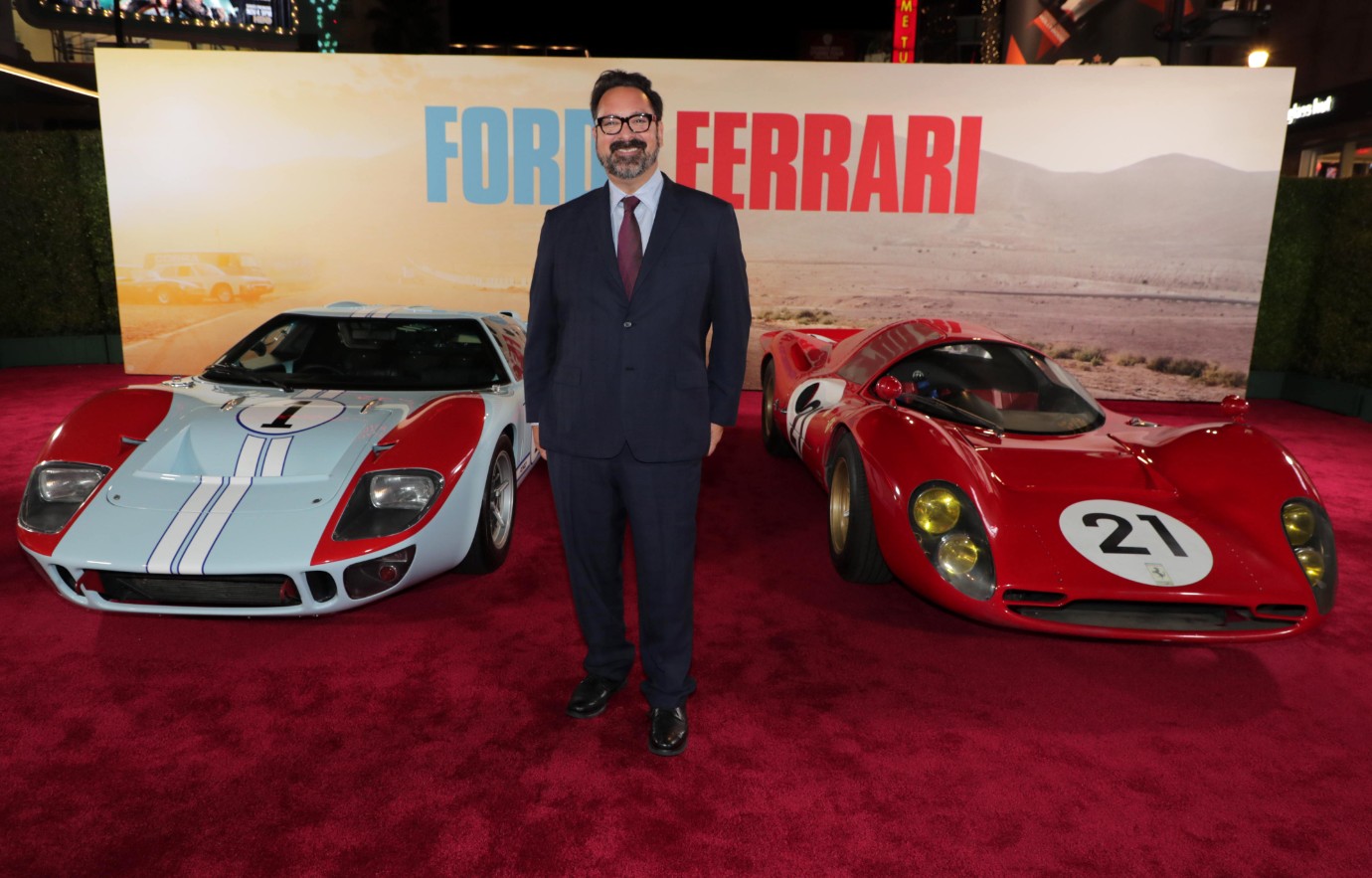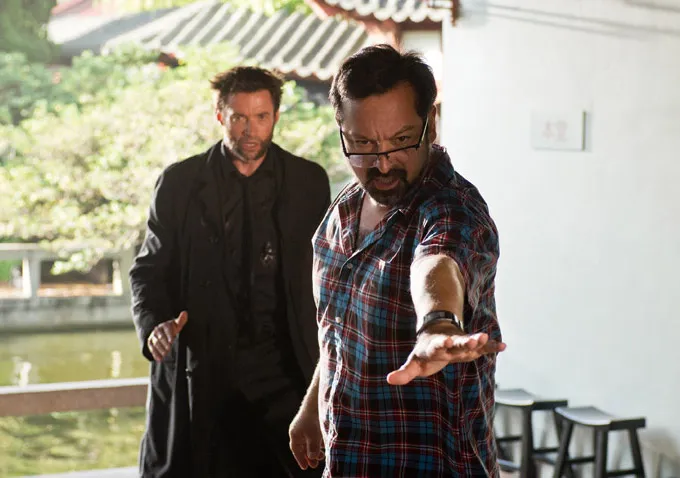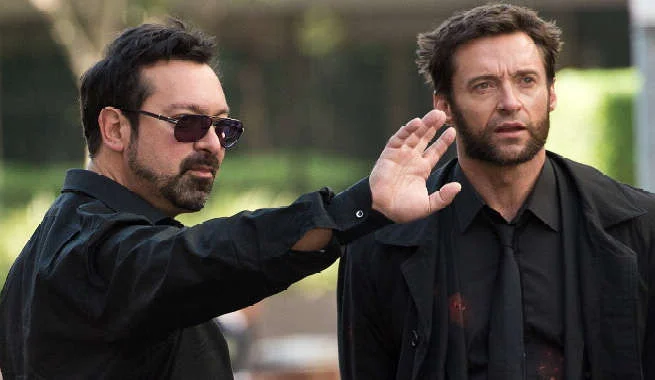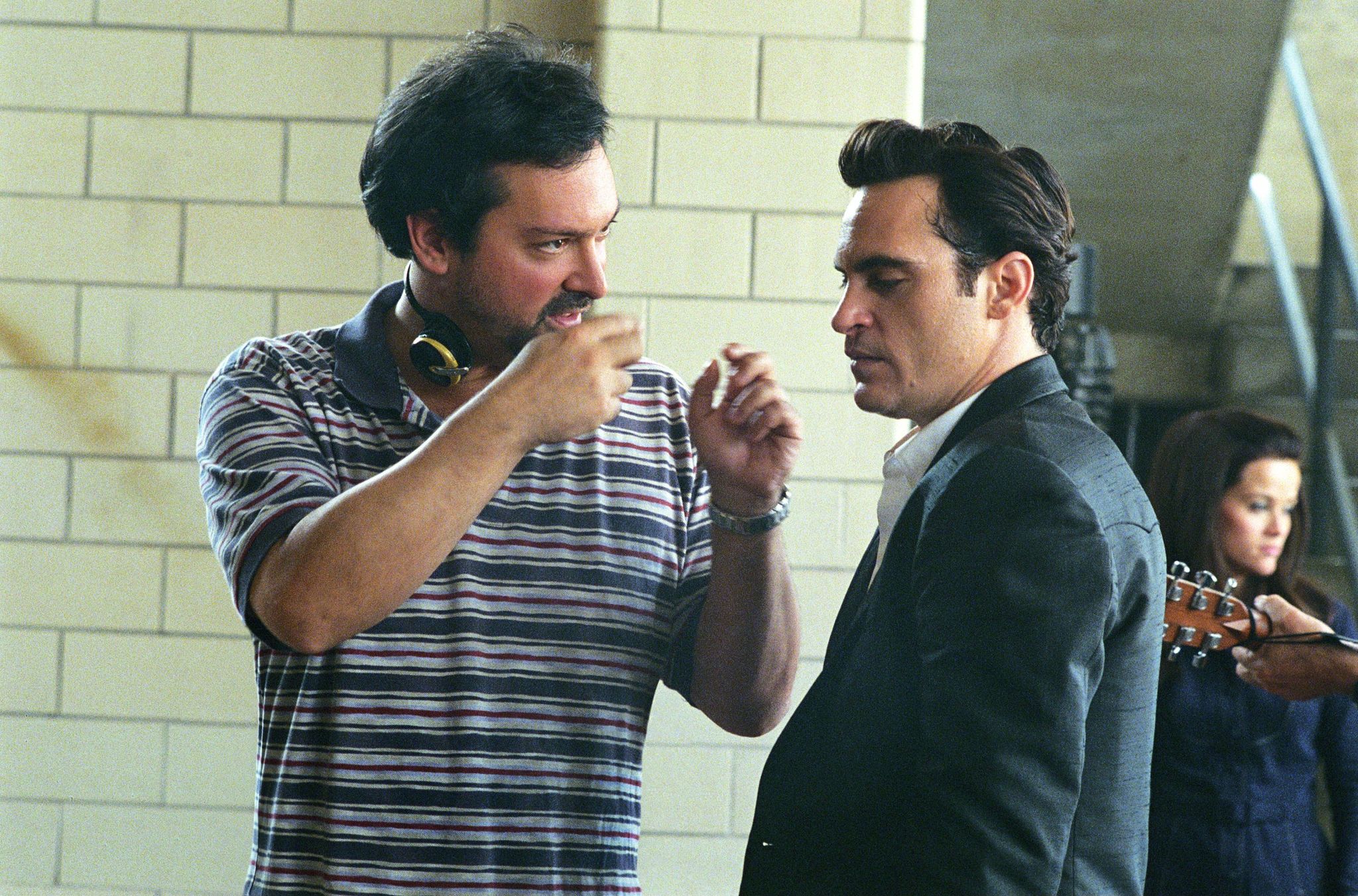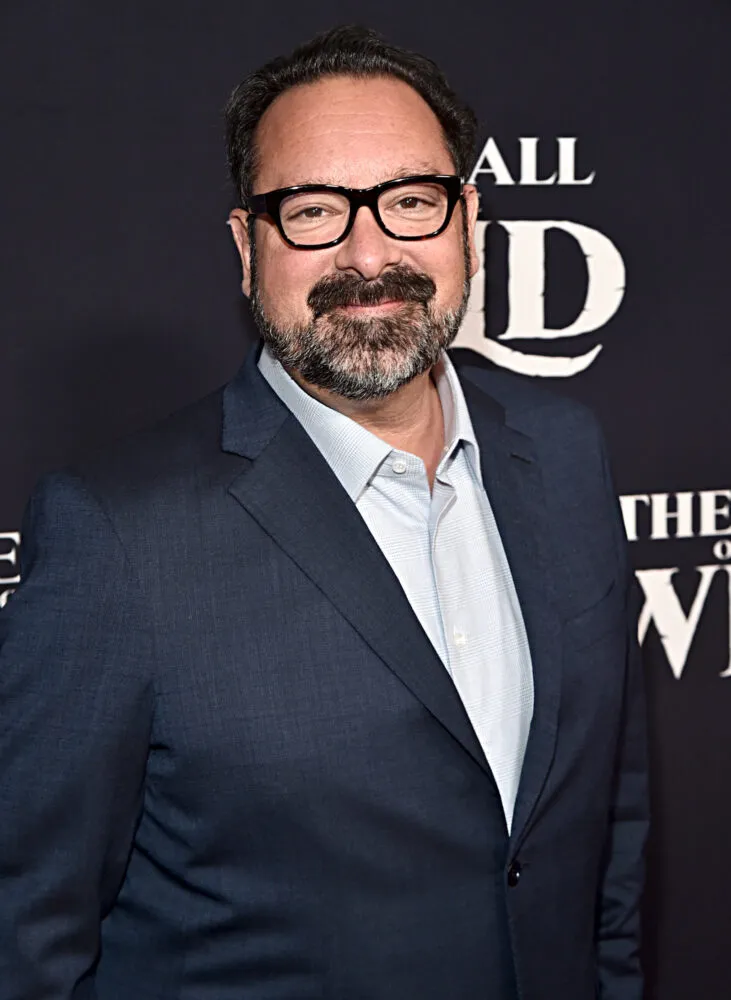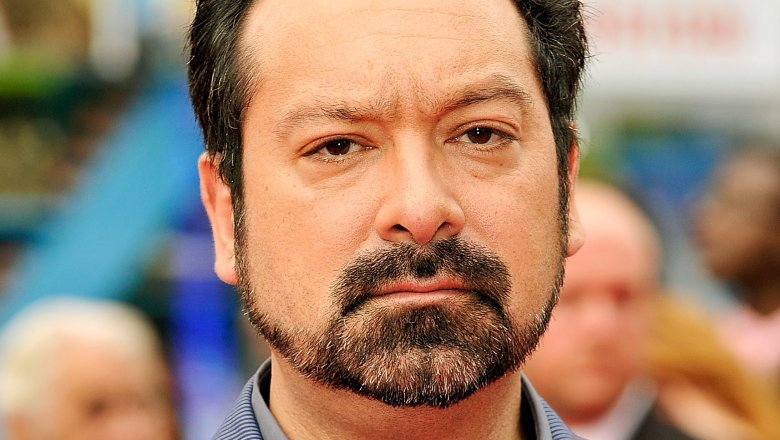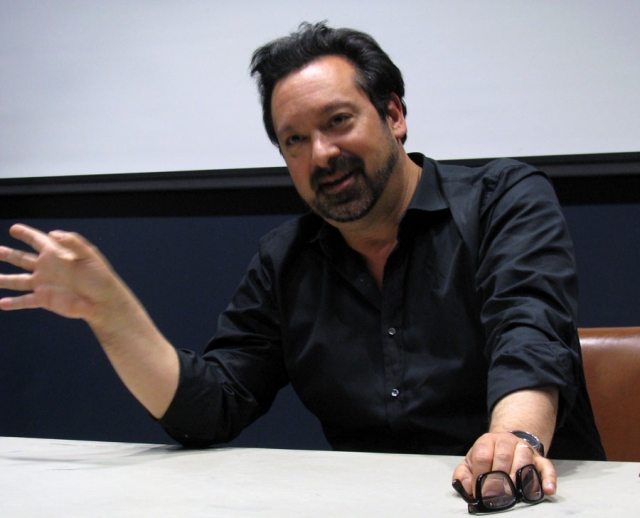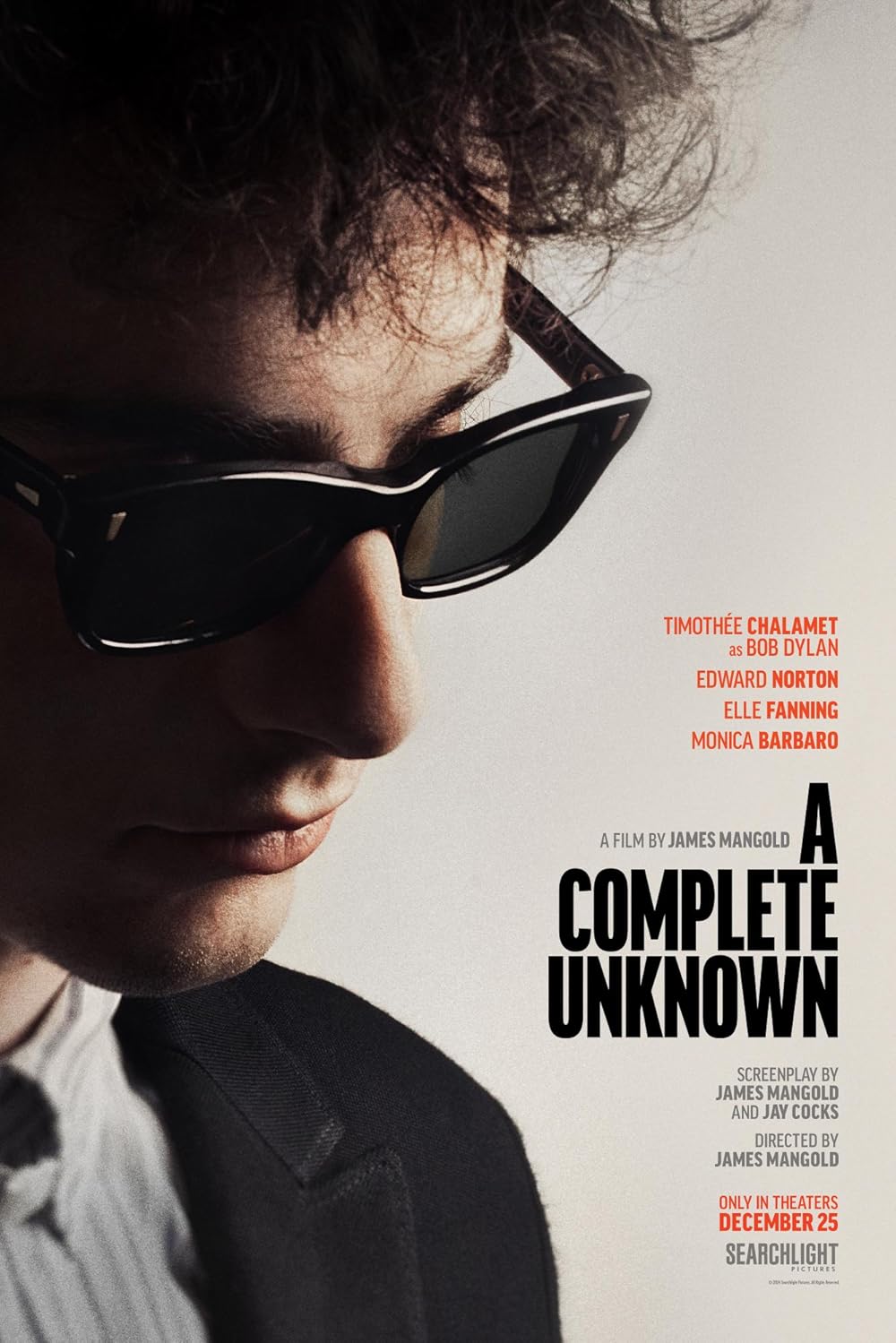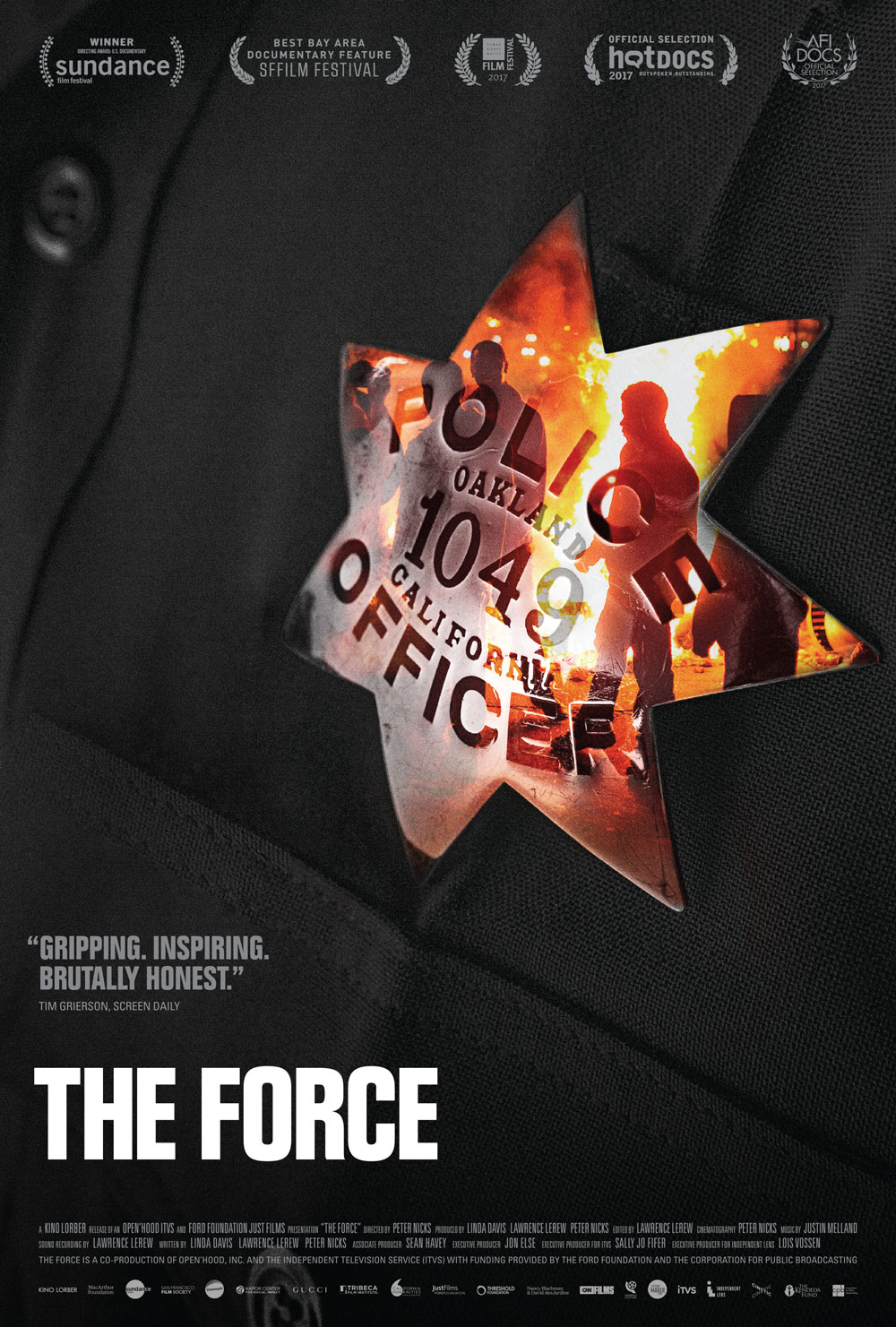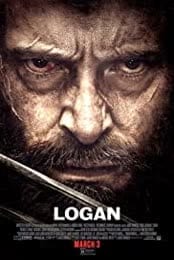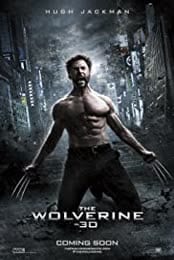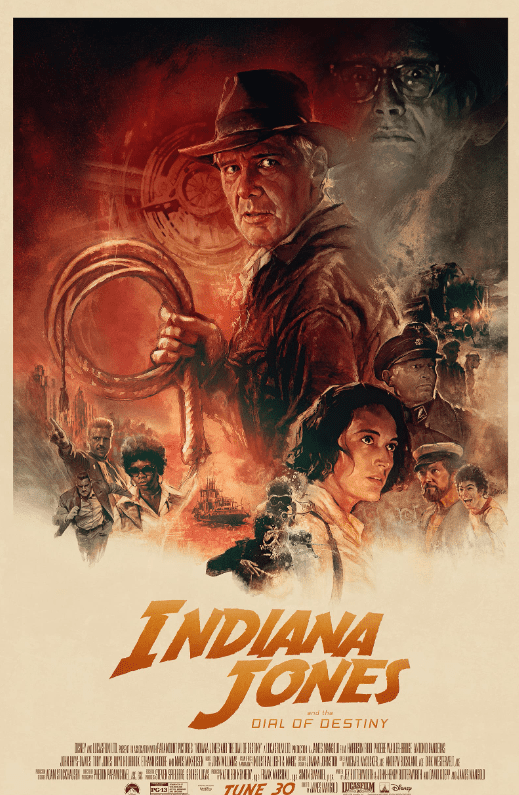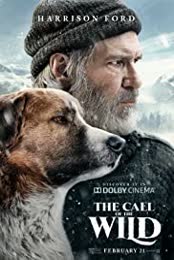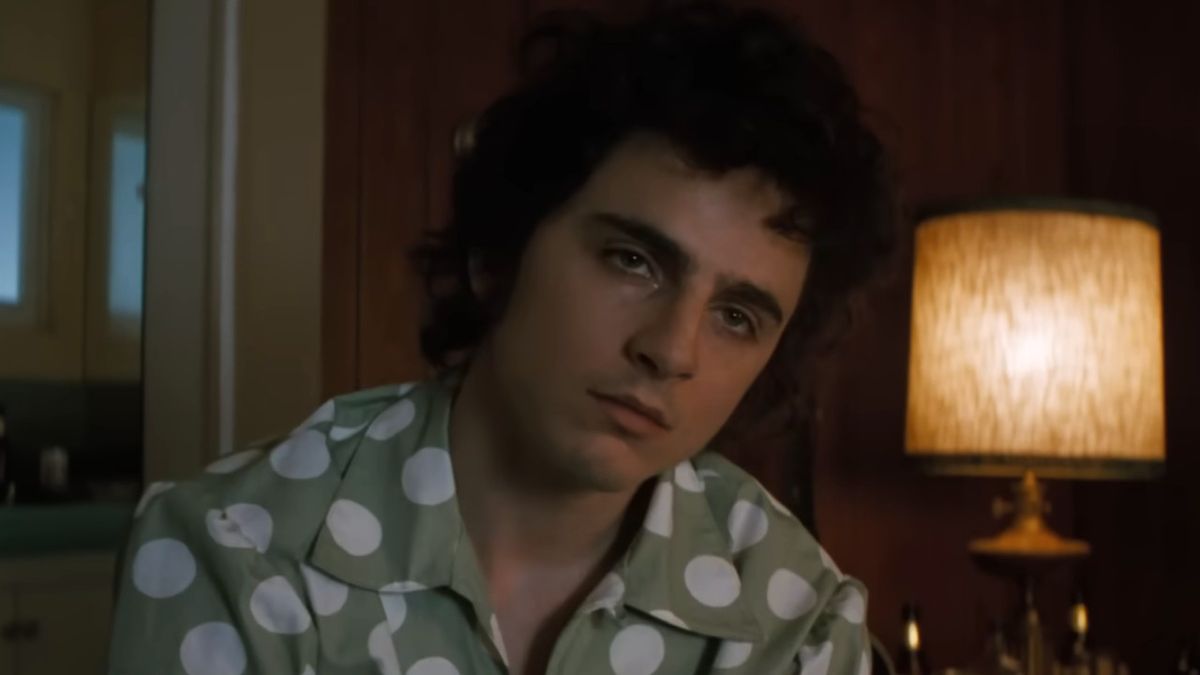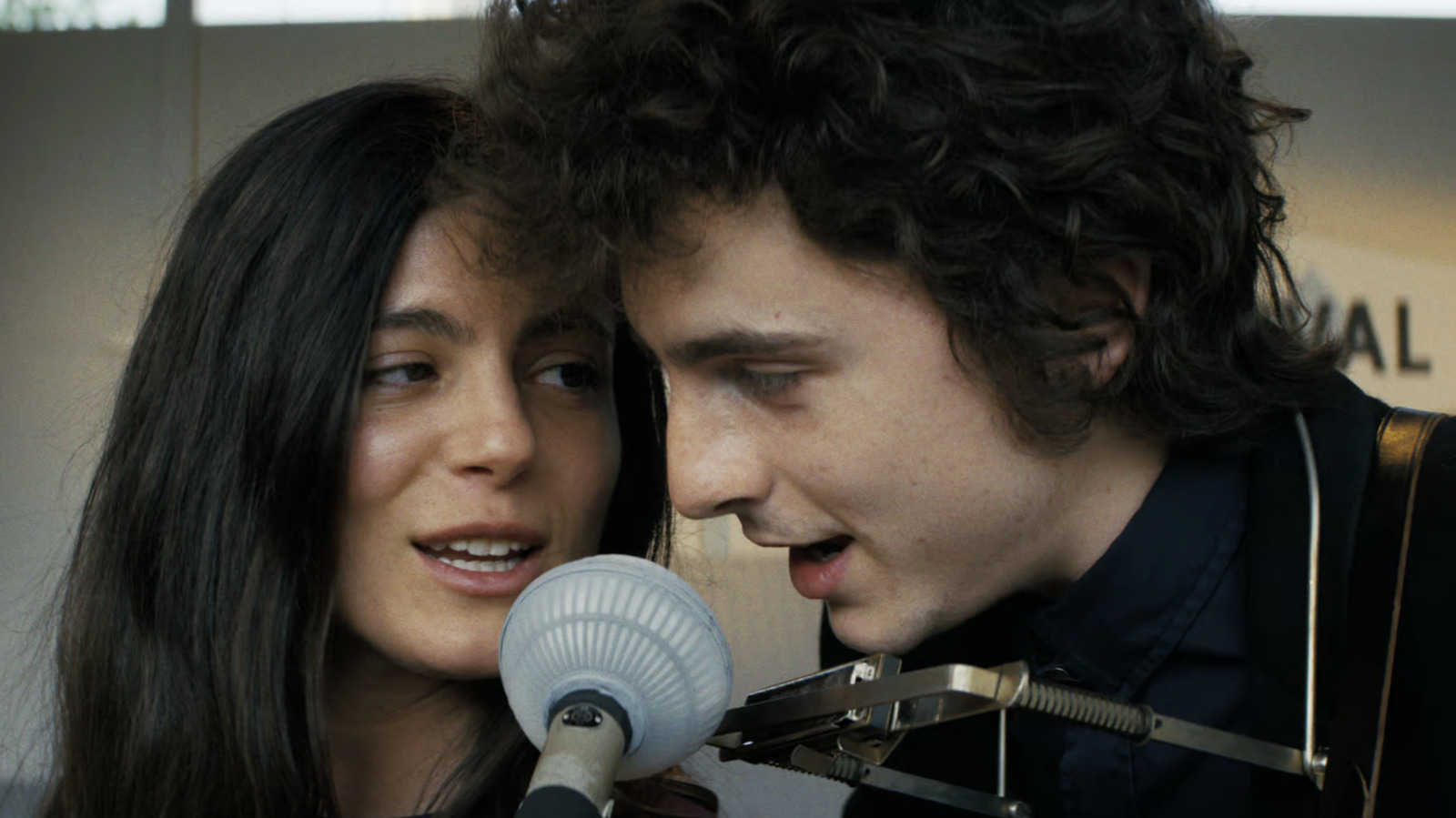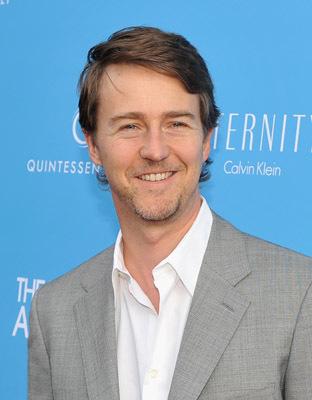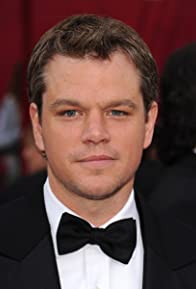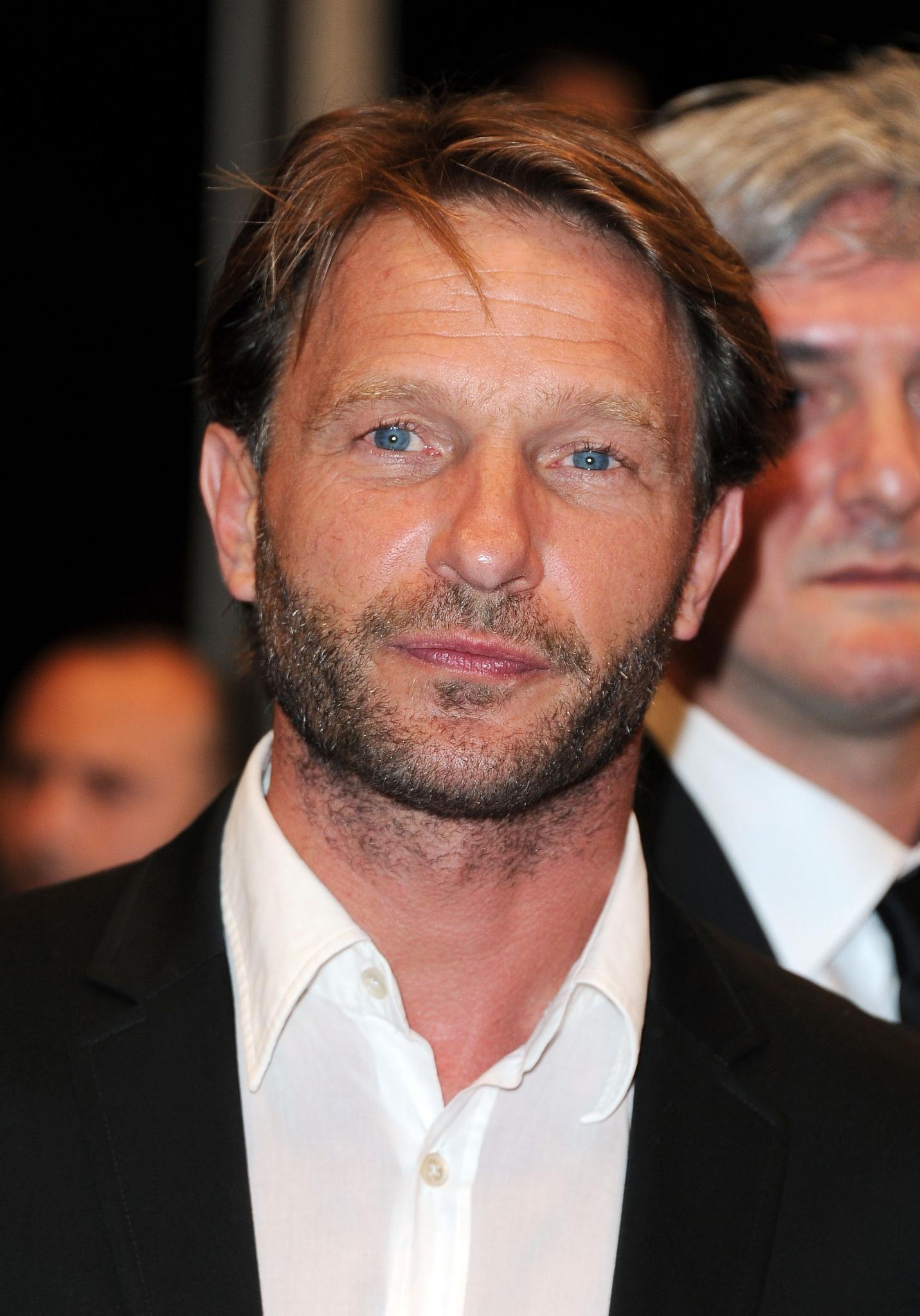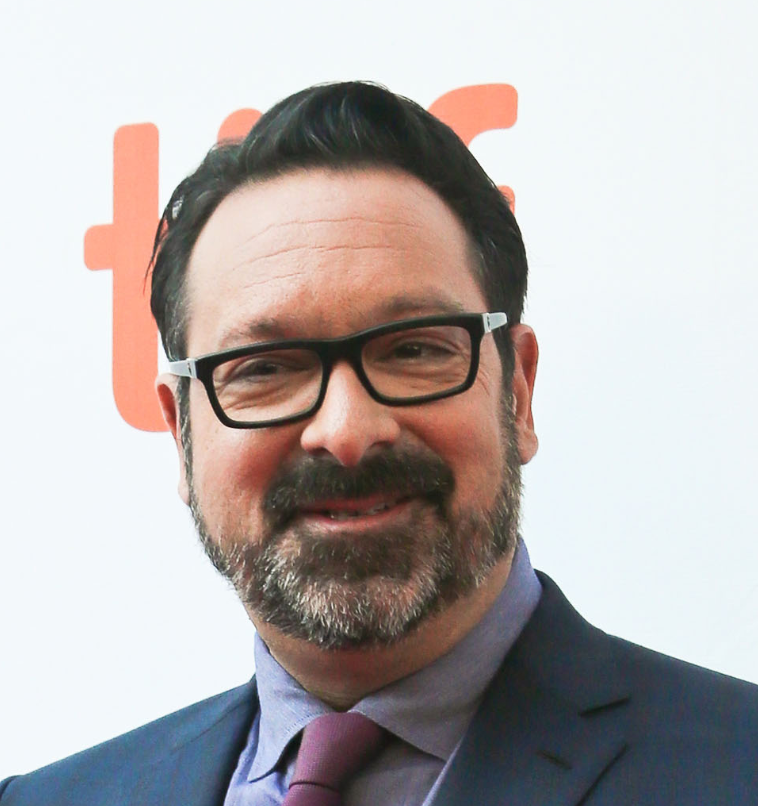
James Mangold
Birthdate: Dec 16, 1963
Birthplace: New York City, New York, USA
James Mangold (birthname: James Allen Mangold) is a diverse director/writer/producer who has followed the pattern of Classical Hollywood directors of the studio-dominated era, making movies in a wide range of genres. After studying film at the Walt Disney-founded CalArts, Mangold signed a deal with Walt Disney Co., for whom he wrote an episode of The Magical World of Disney (1986) and co-wrote the script for Disney’s animated feature, Oliver & Company (1988).
Mangold soon left Disney, returned to his New York City birthplace, and studied in the master cinema program at Columbia University under the tutelage of director Milos Forman. There, Mangold wrote the scripts for both of his first films as writer-director: the character-based drama, Heavy (1995), starring Liv Tyler, Shelley Winters, Deborah Harry, Evan Dando, and Pruitt Taylor Vince, and which premiered at the Sundance Film Festival (winning the Special Jury Prize) and then competing for the Camera d’Or at the Cannes film festival; and the successful noirish police drama, Cop Land (1997), starring Sylvester Stallone, Harvey Keitel, Ray Liotta, Robert De Niro, Peter Berg, Janeane Garofalo, Robert Patrick, Michael Rapaport, and Annabella Sciorra, grossing nearly $64 million on $15 million costs for distributor Miramax.
This success set up James Mangold as go-to director for studios, which led to Columbia/Sony backing his drama (co-written with playwright Lisa Loomer and Anna Hamilton Phelan, based on Susanna Kaysen’s book), Girl, Interrupted (1999), starring Winona Ryder, Angelina Jolie (winning the Best Supporting Actress Oscar), Vanessa Redgrave, Whoopi Goldberg, Clea DuVall, Brittany Murphy, Elisabeth Moss, and Jared Leto. Mangold once again switched genres for a rom-com with the Miramax-released Kate & Leopold (2001), starring Meg Ryan and Hugh Jackman, with Liev Schreiber, Natasha Lyonne, and Bradley Whitford, earning mildly critical reviews.
James Mangold’s first feature with which he received only a director credit (although he was an uncredited co-writer) was—yet another genre jump for the director--the mystery-thriller, Identity (2003), produced by Columbia/Sony and inspired by Agatha Christie’s 1939 murder mystery, And Then There Were None, and co-starring John Cusack, Ray Liotta, Amanda Peet, Clea DuVall, Rebecca De Mornay, and John Hawkes, and which made a profitable $90 million gross on a $28 million budget.
Mangold tried his hand at his first biopic, adapting (with Gill Dennis) Johnny Cash’s two autobiographies for what turned out to be Mangold’s biggest hit to date, the $187-million-grossing Walk the Line (2005), starring Joaquin Phoenix as Cash (nominated for the Best Actor Oscar), Reese Witherspoon (winning the Best Actress Oscar), Ginnifer Goodwin, and Robert Patrick, and which premiered at the Telluride film festival.
Although Elmore Leonard disliked the results (particularly the third act), Leonard’s classic Western short story, 3:10 to Yuma (2007), received its second feature film version under James Mangold’s direction, starring Russell Crowe, Christian Bale, Peter Fonda, Gretchen Mol, and Ben Foster, and released by Lionsgate. Continuing his venture through every genre, Mangold was director-only on 20th Century Fox’s action satire, Knight and Day (2010), co-starring Tom Cruise and Cameron Diaz, and grossing a mild $262 million globally.
As director-only, Mangold once again joined Fox studios by entering the Marvel Cinematic Universe with The Wolverine (2013), his first comic-based superhero movie, starring Hugh Jackman, Hiroyuki Sanada, Tao Okamoto, Rila Fukushima, Famke Janssen, and grossing a strong $415 million worldwide. Mangold’s only case of sticking with the same genre—or franchise—in consecutive projects was his next, the sequel Logan (2017), written and directed by Mangold (Oscar-nominated for Best Adapted Screenplay) as the most naturalistically dramatic of all Marvel movies, with Jackman returning as the Wolverine, opposite co-stars Patrick Stewart, Richard E. Grant, and Boyd Holbrook, and which grossed a stunning $619 million after its Berlin film festival premiere.
James Mangold switched gears to the sports movie genre—and for the first time was director-producer and not screenwriter—for perhaps his most exuberant and engaging entertainment to date, the marvelous racecar saga, Ford v Ferrari (2019), co-starring Matt Damon and Christian Bale, and earning a solid $225.5 million for 20th Century Fox after a Telluride film festival premiere and receiving four Oscar nominations including Best Picture (marking Mangold’s second Oscar nomination).
Mangold was picked by producers Kathleen Kennedy and Frank Marshall to direct the uber-expensive ($300-million-budgeted) reboot of the Indiana Jones franchise (the fifth entry), Indiana Jones and the Dial of Destiny (2023), starring Harrison Ford, Phoebe Waller-Bridge, Antonio Banderas, Toby Jones, Holbrook, and Mads Mikkelson, but which received dismissive reviews and disappointing box office for Disney-Lucasfilm after its Cannes film festival premiere.
For the first time, James Mangold returned to a previous genre—the music biopic—for his portrayal (co-written with Jay Cocks) of Bob Dylan at a pivotal point in his career in A Complete Unknown (2024), with Timothée Chalamet (as Dylan), Elle Fanning, Benedict Cumberbatch (as Pete Seeger), and Monica Barbaro (as Joan Baez), Boyd Holbrook (as Johnny Cash) and Scoot McNairy, and released wide by Searchlight Pictures.
Mangold was director-producer on the adaptation of Anne Fortier’s romantic literary drama, Juliet (date to be announced), based in part on Shakespeare’s Romeo and Juliet. For his debut in the Star Wars Universe, James Mangold was director/writer of the prequel and origin saga, Star Wars: Dawn of the Jedi (date to be announced). Mangold has served as producer-only on Lift (2001) 20th Century Studios’ (slightly retitled) version of Jack London’s 1903 classic novel, The Call of the Wild (2020), starring Ford and director/producer of the family drama, Crenshaw (date to be announced), written by Katherine Applegate, Helen Childress and Frederick Seton. Mangold was also an executive producer on the spectacularly successful musical, The Greatest Showman (2017), starring Hugh Jackman.
Gallery
Personal Details
James Mangold was born in New York City to parents and artists Sylvia and Robert Mangold, and raised in New York’s Hudson Valley. Mangold attended Washingtonville High School, studied film, and earned his Bachelor of Arts degree at California Institute of the Arts in Valencia, California, and at the film school at Columbia University’s School of the Arts. Mangold was married to producer/director Cathy Konrad from 1998 to 2014 when the couple divorced; the couple has two children, Konrad and James Jr.. Mangold’s height is 6’. Mangold’s estimated net worth is $20 million.
Awards
Two-time Nominee, Best Adapted Screenplay/Best Picture, Academy Awards (2018, 2020); Winner, Filmmaker Award, Cinema Audio Society Awards (2020); Winner, Distinguished Director/Producer Award, Costume Designers Guild Awards (2008); Winner, Tribute Award, Gotham Awards (2024); Nominee, Best Producer, Producers Guild of America Awards (2020); Winner, Special Jury Recognition—U.S. Dramatic Features, Sundance Film Festival (1995). Nominee, Best Adapted Screenplay, Writers Guild of America (2018).
Filmography
director
Previous (4)
actor
Previous (23)
producer
Previous (1)
Some Facts About James Mangold
Actor-Filmmaker?: While studying filmmaking under veteran British filmmaker Alexander Mackendrick at CalArts, James Mangold was urged by Mackendrick to also study acting at CalArts.
Favorite Films: Mangold’s list of films for the 2002 Sight & Sound magazine of the best films of all time were: 8½ (Federico Fellini, 1963), The Palm Beach Story (Preston Sturges, 1942), The Verdict (Sidney Lumet, 1982), Sweet Smell of Success (Alexander Mackendrick, 1957), The Apartment (Billy Wilder, 1960), Shadow of a Doubt (Alfred Hitchcock, 1943), Umberto D. (Vittorio De Sica, 1952), Black Narcissus (Michael Powell/Emeric Pressburger, 1947), Great Expectations (David Lean, 1946), Floating Weeds (Yasujiro Ozu, 1959), Sherlock Jr. (Buster Keaton, 1924).




